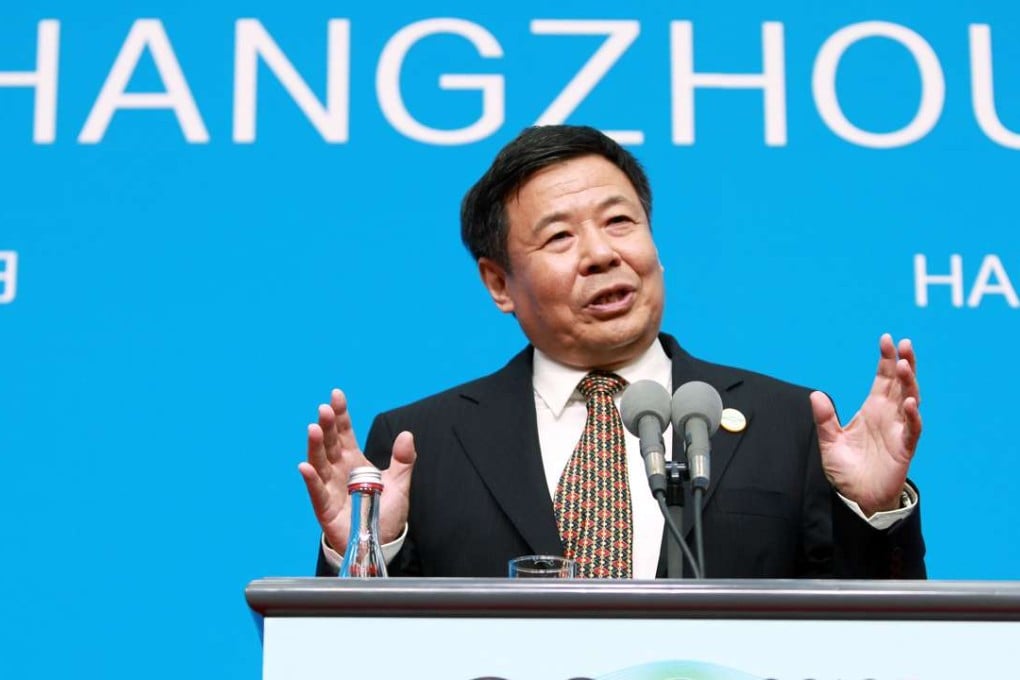China talks down negative interest rates ahead of G20 summit
Finance vice-minister says monetary policy must go in hand with fiscal and structural reform

Without naming the European Central Bank or Bank of Japan directly, finance vice-minister Zhu Guangyao told a press conference in Hangzhou, eastern Zhejiang province, that central bank purchases of assets and charging lenders for placing funds with the monetary authority were “unsustainable” and that the effects of such policies in bolstering growth had been diminishing.
Speaking of the Federal Reserve, Zhu said it had to improve its communication with financial markets as the divergence of monetary policy among advanced economies was one of three major risks for the global economy, along with Britain’s exit from the European Union and weak emerging recovery.
America’s response to the global financial crisis in 2008 by adopting quantitative easing “saved the Western World from collapsing”, but that particular game of monetary policy was no longer effective, he said.
“As such, it’s necessary to comprehensively use monetary, fiscal and structural reform policies,” said Zhu, a Sherpa in China’s Group of 20 negotiations who helped to nail down detailed wording of a communique that will be endorsed later by the leaders.